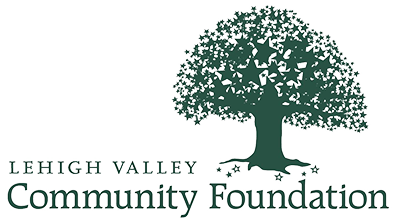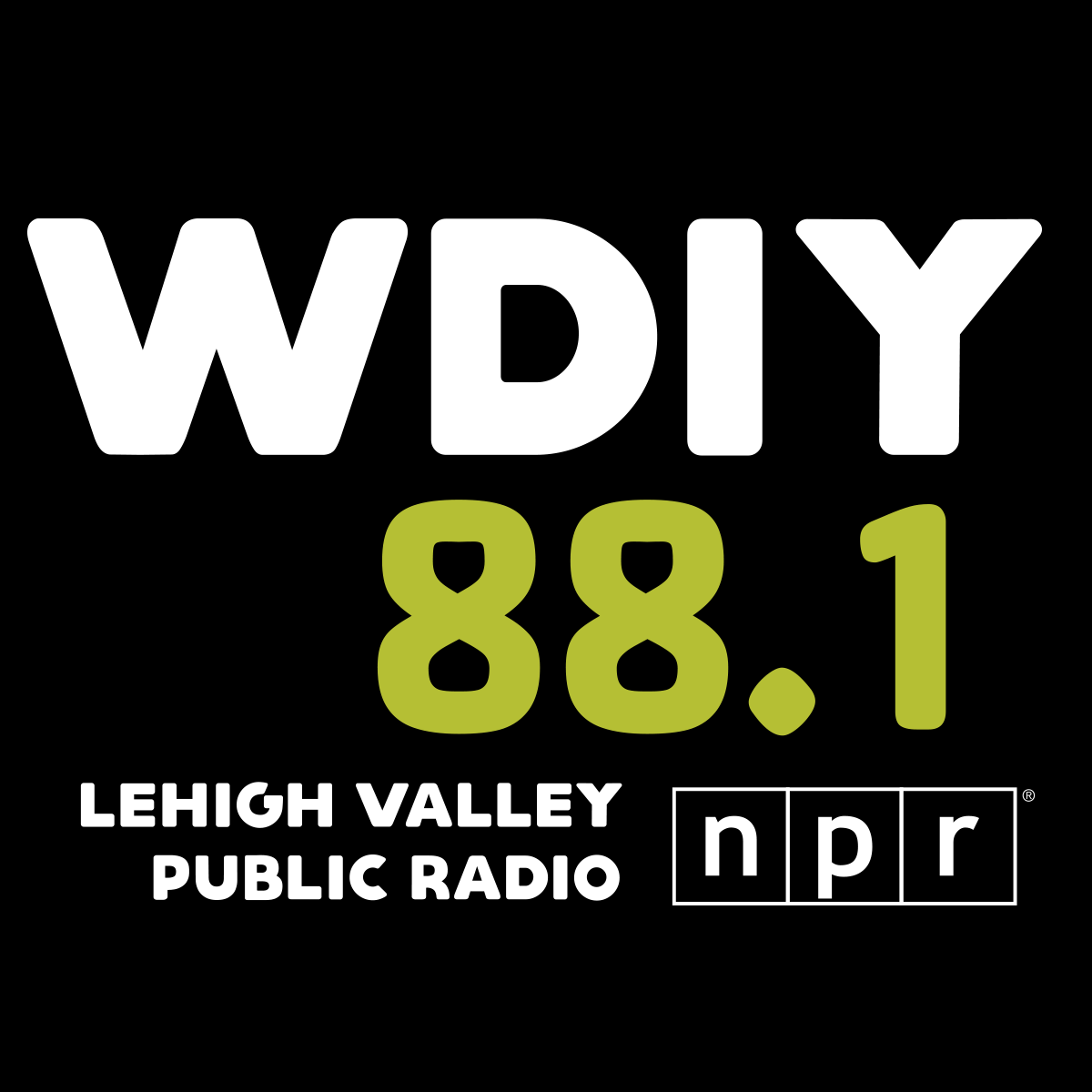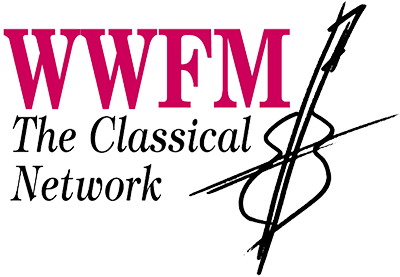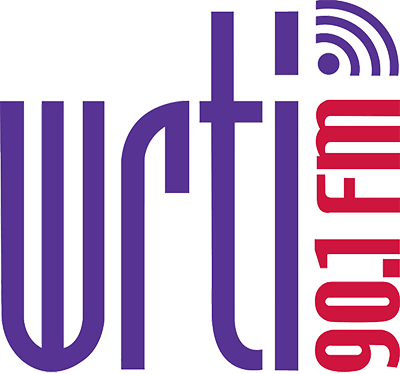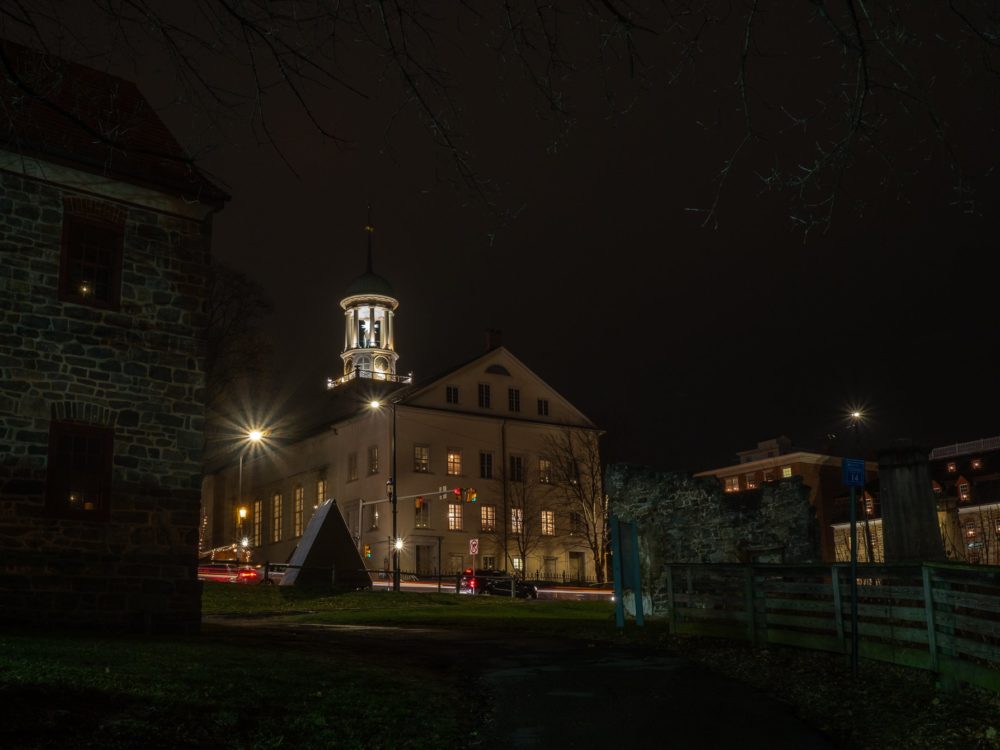
Your intrepid blogger has been dutifully immersed in other activities for the organization but returns now to consider the state of things since my last post! The Bach Choir machine is whirring along most salubriously, with lots of exciting things yet to come in an excellent season.
Christmas Concerts
Hard to believe, but it’s been over a month since the Christmas Concerts of both the Bach Choir and Bel Canto. I was unable to attend the Bel Canto bash but heard back from reliable reporters that it was quite captivating (how could it not be with the Britten Ceremony of Carols on the program?). I am resolved to attend more of their performances when the schedule permits, and I know that the Bel Canto singers are especially looking forward further immersion in Benjamin Britten’s world, with an upcoming trip to the UK, including a visit to Coventry Cathedral (for which Britten wrote his monumental War Requiem, a work that the children sang with Lehigh University’s Choral Arts last year) on the calendar.
The Bach Choir’s Christmas concerts were a joy to sing – two of my favorite cantatas, and Ottorino Respighi’s glorious Lauds to the Nativity provided much holiday cheer and opportunities for aesthetic and spiritual nurture. It was a delight to welcome back Charles Blandy, tenor, and Christòpheren Nomura, bass-baritone, after absences. Both acquitted themselves beautifully on their arias and duets. Likewise, it’d been a bit since Ellen McAteer was back in town (too long, I’d opine), and she’s sounding as ravishing as ever. It’s also been a couple years since Daniel Taylor, the esteemed countertenor, was around for a Christmas Concert, and a delight to hear him in the meaty recitative accompagnato, O Selger Tag! from Cantata 63. That was a highlight for me, along with Ellen’s and Christòpheren’s work in the profoundly lyrical duet, Gott, du hast es wohl gefuget, also from BWV 63 (featuring a sinuous obbligato from Mary Watt on the oboe, she of the iron lungs and impossible sense of phrasing). I grew up listening to The Choir’s 1988 recording of BWV 63, which featured Sylvia McNair and Dan Lichti. How delightful to hear a new generation of performers take up the mantle with such radiance and aplomb.
The Respighi was new to me, full of whimsy, devotion, and lots of daunting writing for the men. We did a fair amount of sectional work on that, which was a pleasure as well as a challenge, and the rewards were great. It was also lovely to welcome back Fiona Gillespie Jackson, a former choral scholar with an ascendent singing career, to sing the part of Mary. Ellen also made many magnificent contributions to this work as an angel in the narrative. It was a splendid weekend of singing!
January Bach at Noon
Much praise from reliable sources, also, about the January Bach at Noon, which included Loretta O’Sullivan’s captivating performance of Bach’s D-Minor Cello Suite, BWV 1008, and Bach’s ebullient cantata, BWV 129. The singers were joined by middle school students from the Easton School District for the closing chorale, a treat for everyone involved. If you missed it, you can listen to our partner WWFM‘s rebroadcast on Monday, February 11th, beginning at 1 pm.
February Bach at Noon
February’s performance will include Bach’s Concerto for Oboe and Violin, BWV 1060, with Mary Watt and Elizabeth Field as soloists, respectively, as well as the Cantata, BWV 156, Ich steh mit einem Fuß im Grabe, which will feature a quartet of singers. Many will recognize the cantata’s opening sinfonia, one of Bach’s most gorgeous works for oboes and strings (it’s also performed at every Bach to School). The warmth of this music promises a respite from the winter cold – join nearly 1000 other Bach fans for a concert of surpassing beauty and incomparable community spirit (and plan to arrive by 11:30, when doors open, to get a good seat!).
Family Concert – Youth Choirs Festival
Every musician I know can tell you, without much effort to recall, the moment of profound epiphany that changed their musical pursuits from mere hobby to lifelong pursuit. These lightbulb moments are cherished by musicians because the transcendence we experienced was literally life-altering. I suspect that such a moment will happen for many of the high school students who will join us for this year’s Family Concert the first time they sing Händel’s Coronation Anthem, Zadok the Priest, with the assembled choirs and the Bach Festival Orchestra. The strings and winds begin with regal arpeggios, working through some solemn harmonies in waves of beauty until a mammoth crescendo leads up to the first rhapsodic choral entrance. The wide-eyed wonderment on the faces of so many of the young singers the last time we performed it at a Family Concert, along with not a few tears, was something to which I can relate. At that concert (and at this year’s), we had and will hear the privilege of hearing individual choirs sing some of their most impressive repertoires separately, and to join together in a massive 200-voice ensemble for a few selections, including Zadok. This year, we’ll also be singing the Dona Nobis Pacem from the Mass in B-Minor (I would’ve given my right arm to sing that in high school), and a ruddy and a jaunty arrangement of the gospel tune Unclouded Day. It’s a real barn-burner, and will surely be impactful in the clear acoustics of the Zoellner Arts Center. I highly commend this concert to children of all ages: the young among us might enjoy seeing what is possible in a few short years in their own academic singing, and the older among us will surely enjoy basking in the youthful spirit, in addition to witnessing what’s sure to be an ah-ha moment for a new generation of singers.
Spring Concerts
A youthful spirit is sure to suffuse our performances of the Mozart Requiem with the Lehigh University Philharmonic at this year’s Spring Concert. We’ll offer a reprise of one of last year’s spring pieces, William Walton’s infectiously exciting Coronation Te Deum, only in the full orchestration (we sang a slight reduction for brass and organ), in addition to a Mozart piano concerto featuring Eugene Abulescu, the orchestra’s conductor, and, finally, Süssmayr’s completion of the Mozart Requiem. We’ve been really enjoying learning the Requiem – many of us had not sung it before, though we’ve all heard bits and pieces (or more) from its cultural omnipresence, even more than 200 years after it was first sung. I will write more about it later, but you’ll definitely want to order your tickets now. The Choir LOVES singing Mozart, and a lot of heart and soul is going into our preparations.
For Further Reading
I’ve been reading James Frazier’s excellent biography/analysis of the vastly under-appreciated French organist and composer, Maurice Duruflé. He’s a niche composer about whom those in the know wax rhapsodically. The Choir sang his achingly beautiful and devout motet Ubi Caritas as part of our participation in the 2011 Remember to Love performances at Trinity Wall Street, a commemoration of the 10th anniversary of 9/11 (between rehearsals and performances, a total of five times, with not a whit of fatigue or apathy). I continue to campaign for a Bach Choir performance of his stunning Requiem with our fearless leader. Anyway, Duruflé’s Roman Catholic faith seemed to blur the distinction between sacred and secular music (particularly in a society that was rapidly shedding last vestiges of the cultural foothold of its religion) in a way that seems downright Bachian to me. It brought to mind friend-of-the- Choir Michael Marissen’s excellent December article in the New York Times about the religious content in Bach’s Brandenburg Concerti, and I commend it to interested readers highly. Michael will be with us in May as this year’s Bach Festival Distinguished Scholar.
















